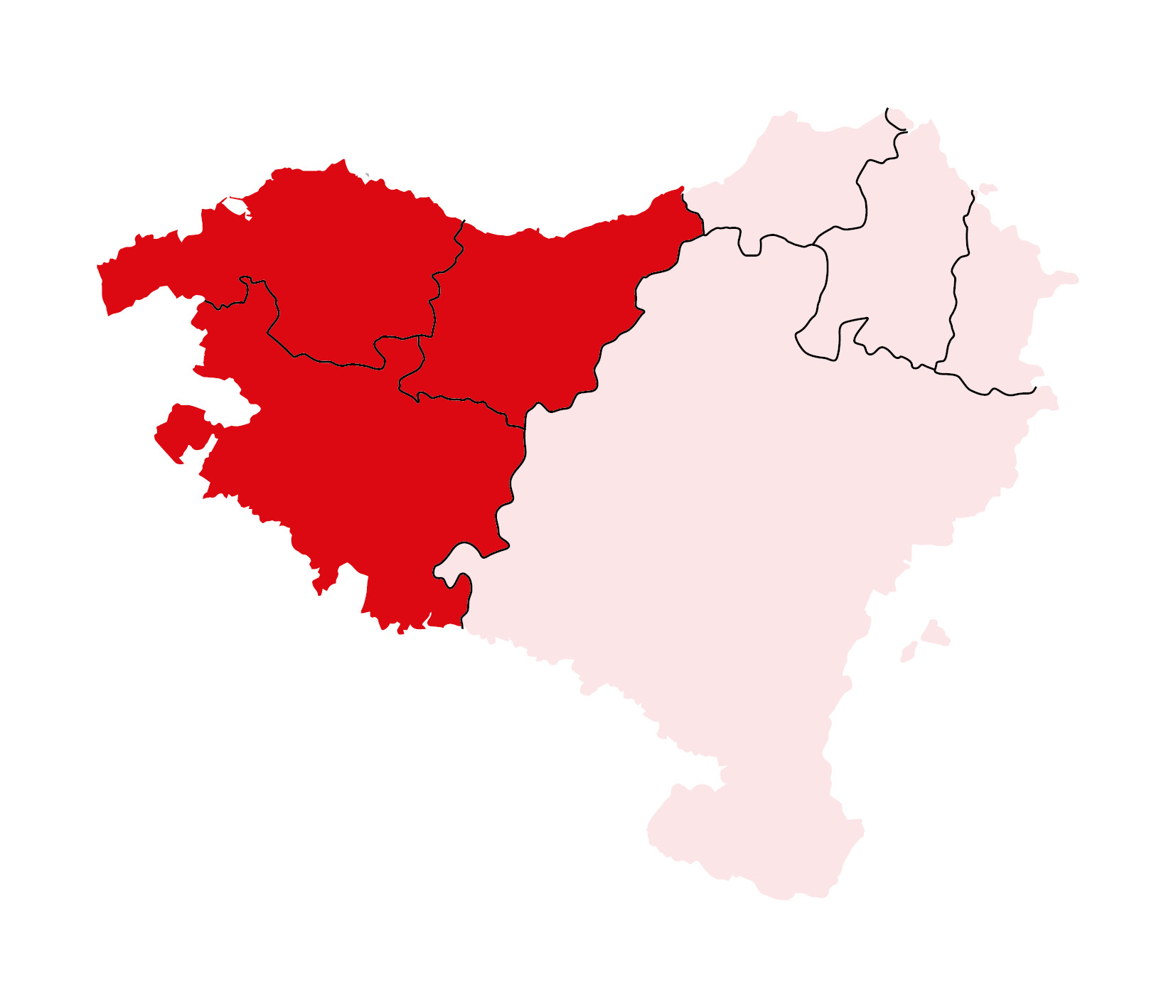

Participation in the elections in the CAV has long been much lower than in Spain because some of the voters see them as secondary elections. In Catalonia it was similar until the beginning of the procès. However, in the 2003 elections the turnout was significantly increased by the possible loss of CiU. The electoral campaign at the time was similar to what we currently have in the CVA: technocratic debate (who can prescribe better technique and without corruption), need for change (accommodating new people and ideas), boosting more progressive policies and achieving a new statute.
Ours is a similar port: since 1986 the PNV may cease to be the first electoral force in the Basque Country. This will encourage participation to at least 64% in 2012, as it increases, it is likely to benefit the two main aspects. In fact, until the beginning of the twenty-first century in the CAPV there was an extreme multilateral system, which has been moderating in recent years reducing diversity and confirming what the surveys say, the shift towards the bilateral imperfect system that was represented in 2020 will be consolidated because the two main political options will reach approximately 75% of the seats in the Basque Parliament.
In 2003 in Catalonia it was clear that among the forces on the left there was to be a unit to remove CiU from government. The nationalist sectors of the CSP gained a major role in facilitating the alliance with CKD and CSD. On the other hand, it is not clear in the CAV how to transform government change into election results. If EH Bildu won the elections, the government of the leftist parties is not foreseen. The PSE has a more unionist attitude than the PSC and in a possible coalition it would not be a leader, but a small partner, with the media impact this generates in Spain.
However, at a time when the moderation of political competition is imposed, one could think that the inter-interest transaction could work to contribute to change. I support you in the governments of Spain and Navarra and you support me as in Pamplona in the CAV. The truth is that the key to the socialists of Hego Euskal Herria is in Madrid and in order to maintain the socialist government there it is essential to support the PNV. Unlike EH Bildu, the PNV can support PP or PSOE governments and, at this time, among all parties supporting the PSOE, the only one that can support the PP is by ensuring an absolute majority to a possible right-wing government.
Consequently, a left-wing coalition in the Basque Government would endanger the government of Madrid. This does not mean that I have not left. The PNV and the PSE may lose the absolute majority and, if this occurs, we know that the PP will be willing, as it has done in Gipuzkoa and in the municipalities, to support the PNV-PSE coalition. This would open up a new scenario, the socialists would suffer the erosion on the left and if they stopped governing Madrid they could lose the PNV’s centrality in building coalitions in the short or medium term.